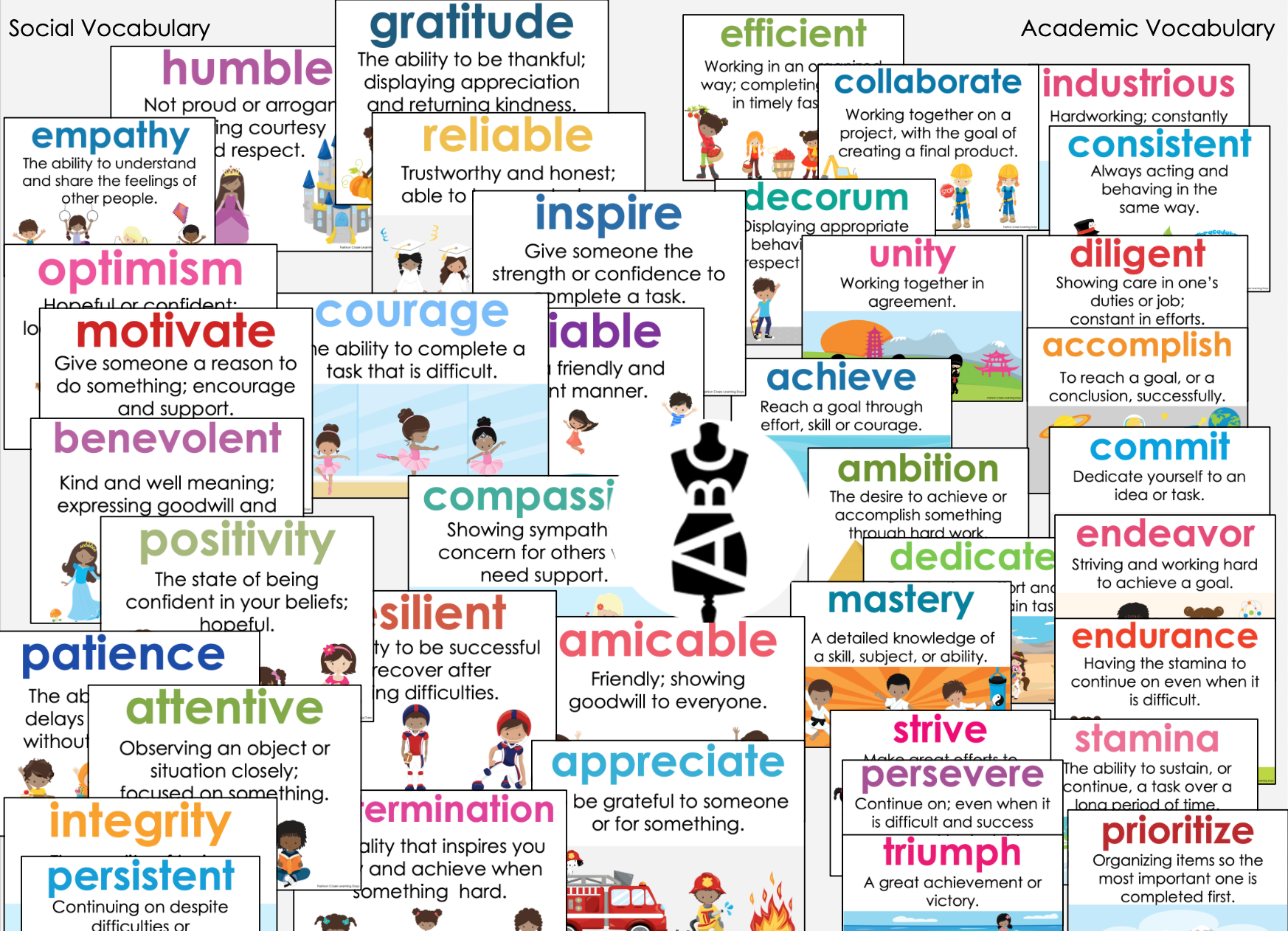Academic vocabulary plays a crucial role in the success of students in their academic pursuits. It refers to the specialized language used in educational settings, including specific terms and phrases that are commonly used in textbooks, lectures, and scholarly articles. Having a strong grasp of academic vocabulary is essential for students to effectively communicate their ideas, understand complex concepts, and excel in their studies.
Without a solid foundation in academic vocabulary, students may struggle to comprehend the material presented to them, leading to difficulties in completing assignments, participating in class discussions, and performing well on exams. Therefore, it is important for educators to emphasize the importance of developing students’ academic vocabulary skills throughout their academic journey.
The Significance of Academic Vocabulary
Academic vocabulary helps students navigate the academic terrain by providing them with the language tools necessary to engage with course material, express their thoughts coherently, and critically analyze information. By expanding their academic vocabulary, students can enhance their reading comprehension, writing proficiency, and overall academic performance.
Moreover, academic vocabulary enables students to communicate effectively with their peers and instructors, fostering meaningful discussions and collaborative learning experiences. By using precise and relevant terminology, students can articulate their ideas with clarity and precision, demonstrating their understanding of complex concepts and theories.
Additionally, mastering academic vocabulary allows students to engage with disciplinary-specific knowledge and develop expertise in their chosen field of study. By familiarizing themselves with the terminology and conventions of their academic disciplines, students can effectively communicate their research findings, contribute to scholarly discussions, and advance their academic and professional careers.
In conclusion, academic vocabulary serves as a fundamental component of academic success, empowering students to engage with course material, communicate their ideas effectively, and excel in their studies. By prioritizing the development of students’ academic vocabulary skills, educators can help students unlock their full potential and achieve their academic goals. Ultimately, a strong command of academic vocabulary is essential for students to thrive in the academic environment and succeed in their academic endeavors.
